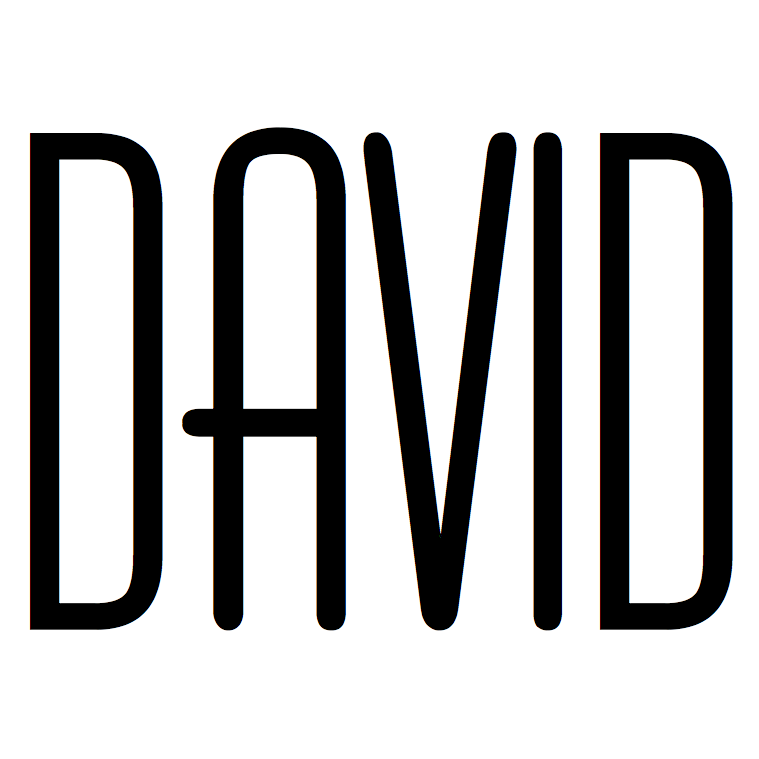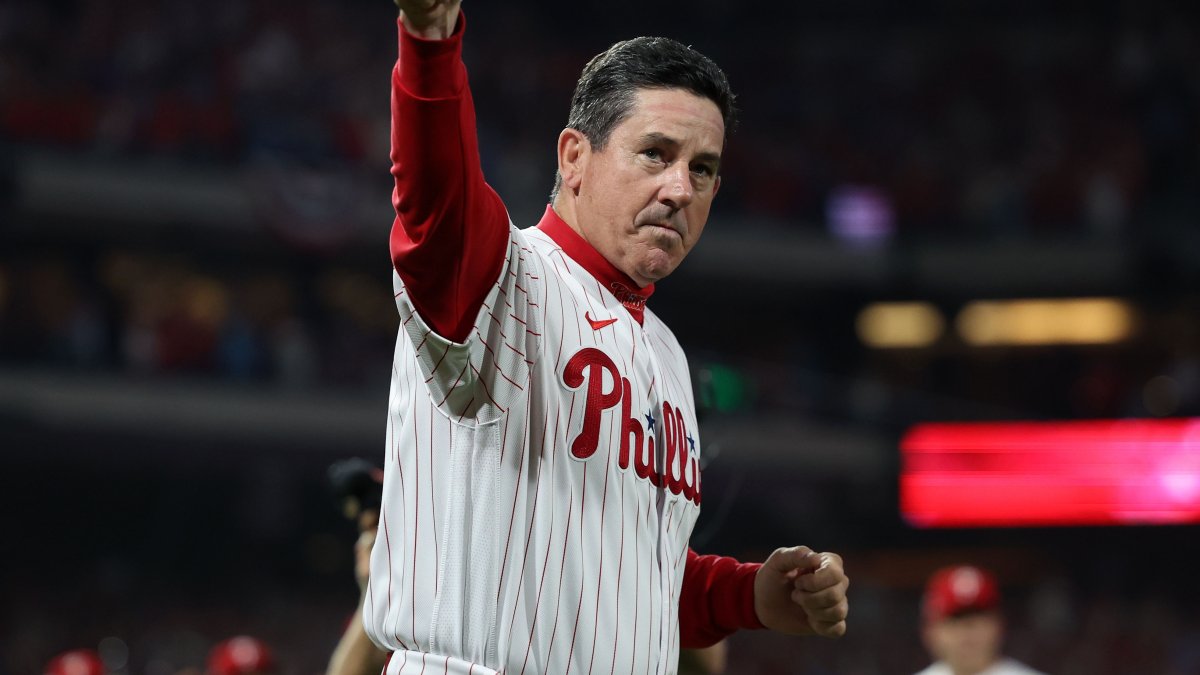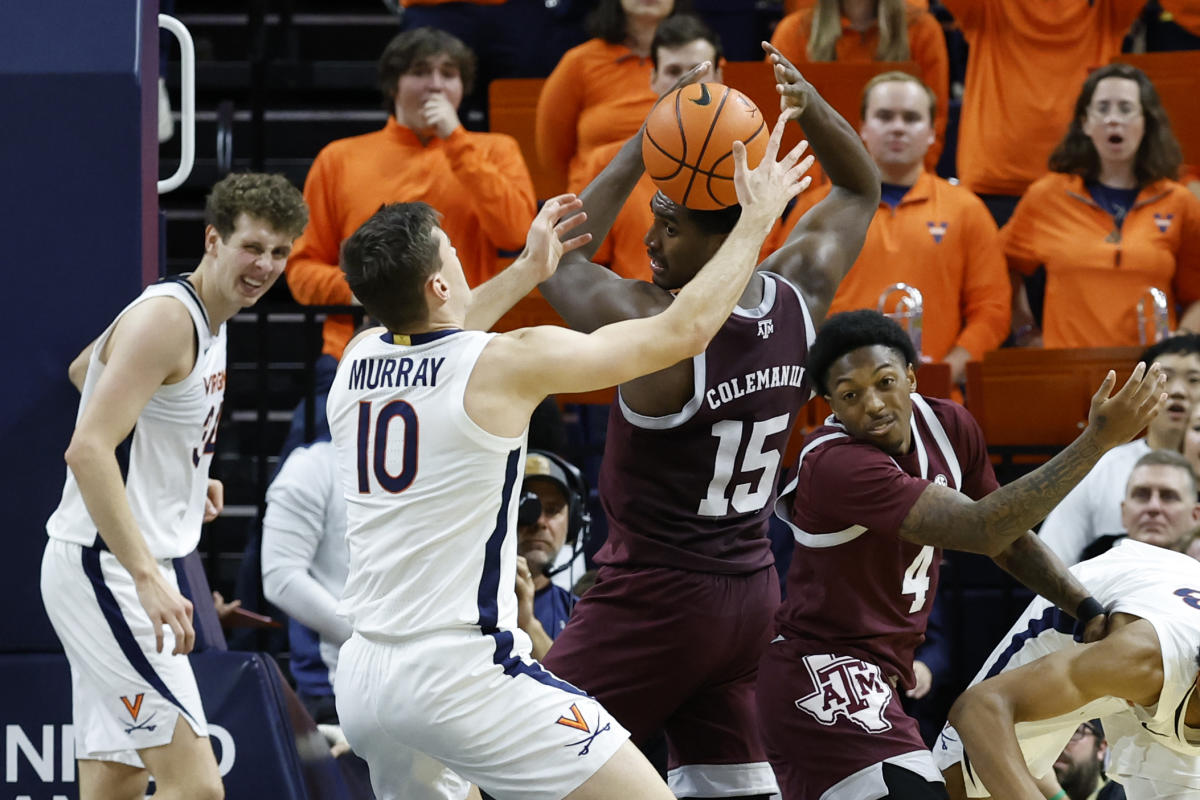The Cubs had a watershed year in 1966, with a record 103 losses. However, they surprised everyone by contending for first place in July of 1967, marking the first time they had been in that position since 1945.
After a 103-loss season in 1966 that tied the Cubs franchise record for defeats, few would have expected the Cubs to roar into contention and even into first place briefly in July, the first time they’d been there that late in the year since 1945.
A few of the trades from 1966 bore fruit, particularly the Fergie Jenkins deal. 1967 turned out to be a quieter year trade-wise, and there was at least one made that hurt the Cubs going forward.
April 3: Acquired Dick Bertell from the Giants for Don Bryant
Bertell was the Cubs’ primary catcher much of the time from 1961-64, and in 1965 was included in the deal with the Giants that brought Harvey Kuenn and Ed Bailey to Chicago.
He didn’t do much for the Giants and spent all of 1966 in their minor league system. Bryant was also a catcher who had played 13 games for the Cubs in 1966.
This deal was somewhat inexplicable on both sides. Bertell played just two games for the Cubs before being released. Bryant played two years in the Giants minor league system before the Astros took him in the Rule 5 draft in December 1968. He played a handful of games for Houston before retiring. He was a bullpen coach in Boston and Seattle for much of the 1970s.
April 25: Acquired Dick Radatz from Cleveland for a player to be named later
Radatz, nicknamed “The Monster” (he was 6-6 and 230), was striking out 10 guys per nine innings as a reliever for the Red Sox in the early 1960s when that was a very unusual thing to do.
Injuries took their toll, though, and by the time the Cubs got him, he was a few years past that prime. He pitched in just 20 games for the Cubs with a 6.56 ERA and they released him during Spring Training in 1968.
An outfielder named Bob Raudman was sent to Cleveland as the PTBNL in November 1967. Raudman had played 16 games for the Cubs in 1966 and 1967 but never played for Cleveland.
April 26: Acquired Dick Calmus from the Dodgers for Fred Norman
This was a deal of young pitchers who had some big league opportunities but never made it with the team that traded them in this deal. The Cubs had acquired Norman for Nelson Mathews in 1963.
Unfortunately, the Cubs picked the wrong young pitcher. Calmus started exactly one game for the Cubs — the second game of a doubleheader vs. the Mets September 2 — and allowed four runs in 4⅓ innings. He never pitched in the majors again.
It took three more trades, but Norman eventually became a solid rotation starter for the Reds in the mid-1970s and pitched in two World Series for them.
June 12: Acquired Rob Gardner and John Stephenson from the Mets for Bob Hendley
Hendley had been a decent pitcher for the Cubs in 1965 and 1966. He pitched in 15 games for the Mets, then retired.
Gardner pitched in 18 games for the Cubs, then was traded away in 1968 (more on this tomorrow). He had some good years for the Yankees in the early 1970s.
Stephenson played in 17 games for the Cubs in 1967 and two in 1968 before being released, right around the time the Cubs reacquired John Boccabella to back up Randy Hundley.
November 30: Acquired Bill Schlesinger and a PTBNL from the Red Sox for Ray Culp
This deal can only be viewed as a colossal mistake. Culp had a good, not great, year for the Cubs in 1967 after being acquired from the Phillies for Dick Ellsworth. He had just turned 26. Why Leo Durocher soured on him is lost to history, but Culp immediately became a solid starter for the Red Sox, including an All-Star season in 1969 and a 5.1 bWAR year in 1970. That would have looked pretty good in the Cubs rotation those two years.
Schlesinger, an outfielder, never played for the Cubs. He spent part of 1968 in the Cubs minor league system, then the Red Sox got him back for cash considerations.
It took more than a year for the Cubs to get the PTBNL. On February 13, 1969, the Red Sox sent infielder Al Montreuil to the Cubs to complete the deal. Montreuil, a native of Louisiana and likely of Cajun descent, likely should have had his surname pronounced something like “Mon-TROY.” But when he finally played five games for the Cubs in September 1972, Jack Brickhouse called him “Al Montreal” on the WGN-TV broadcast.
In any case, the Culp to Boston deal was a massive failure.
November 30: Acquired Lou Johnson from the Dodgers for Paul Popovich and Jim Williams.
This was an attempt at recovering lost value. The Cubs were Johnson’s original team — they acquired him from the Negro Leagues in 1955. He played briefly for the Cubs in 1960, then he was traded to the Angels for Jim McAnany — yeah, I know. Who?
But the Angels didn’t get value either. Eventually he wound up on the Dodgers in 1965 and had three very good years for them, getting some MVP votes in ‘65 and going 8-for-27 with two doubles and two home runs in the World Series.
Johnson didn’t do much for the Cubs and was traded away in mid-1968. We’ll cover that deal in the next installment. Popovich would be reacquired from the Dodgers in 1969. Williams, a 20th-round pick by the Cubs in the first Draft in 1965, never played for them and eventually wound up playing a few games for the expansion Padres in 1969 and 1970.
Read more

:no_upscale()/cdn.vox-cdn.com/uploads/chorus_image/image/72806216/51455540.0.jpg)



:no_upscale()/cdn.vox-cdn.com/uploads/chorus_image/image/72931262/usa_today_21973134.0.jpg)


